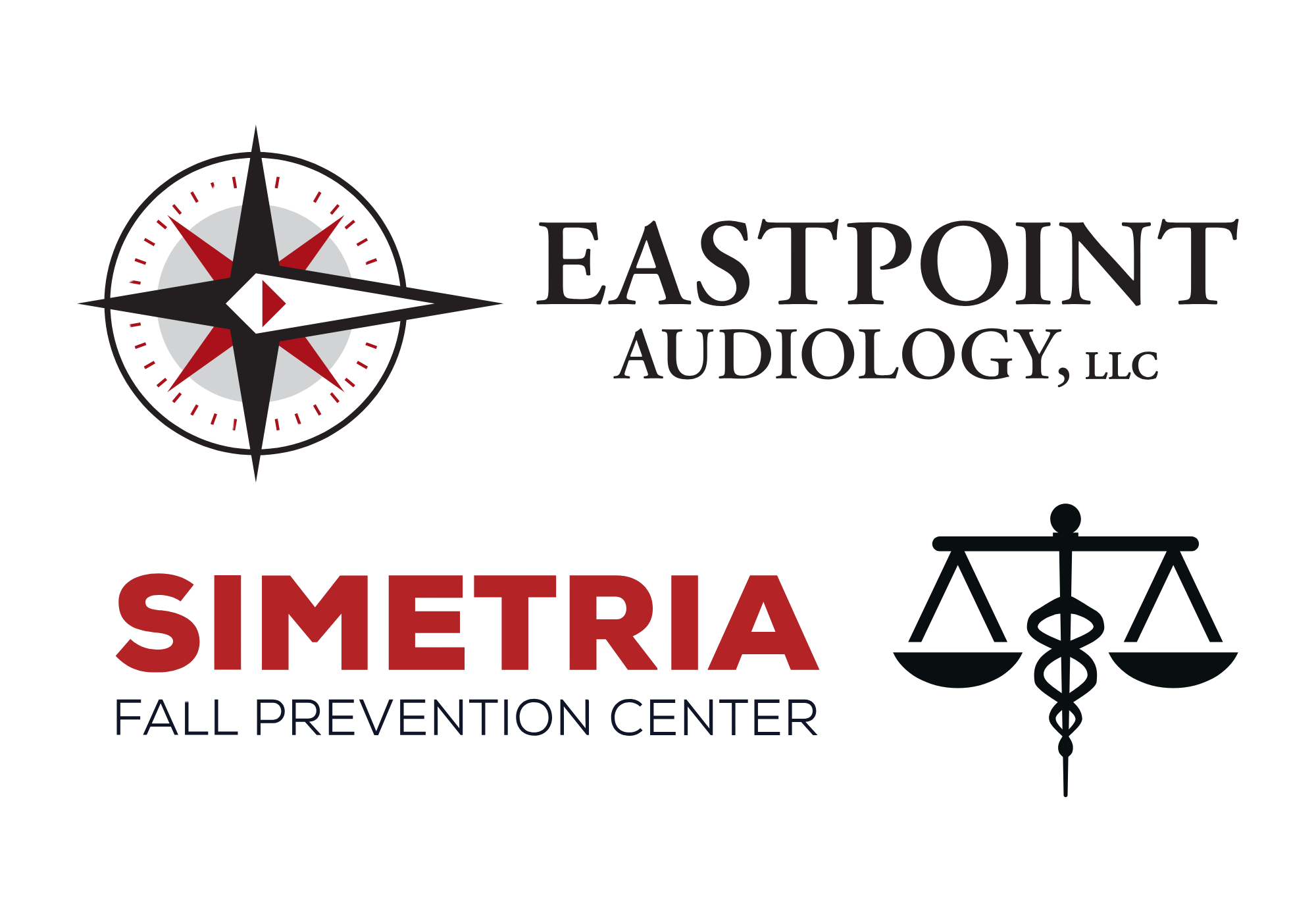
Anxiety is defined as a persistent state of alertness. It alerts us to peril, but for some people, anxiety becomes unregulated, and their bodies react as if everything is a potential danger. You may find yourself filled with feelings of anxiety while performing daily tasks. Everything seems more overwhelming than it normally would and day-to-day life becomes an emotional battle.
For others, anxiety can have more than an emotional impact – the symptoms could become physical. These symptoms include dizziness, insomnia, nausea, and heart palpitations. Some people begin to feel a growing sense of anxiety as their hearing declines while others struggle with some amount of anxiety all their lives.
Hearing loss doesn’t surface suddenly, unlike other age related health challenges, it progresses slowly and typically undetected until one day your hearing specialist informs you that you need a hearing aid. This shouldn’t be any different from finding out you need glasses, but hearing loss can cause anxiety that doesn’t arise with deteriorating vision for many individuals. Even if you’ve never had severe anxiety this can still happen. For individuals already dealing with anxiety or depression, hearing loss can amplify it.
What Did You Say?
There are new worries with hearing loss: Did I mishear that price? What if I say ‘huh?’ too many times? If I continuously ask people to repeat themselves, will they begin to get annoyed with me? Will my children still call? When everyday tasks become stressful, anxiety intensifies and this is a normal reaction. If you’ve stopped invitations to dinner or bigger gatherings, you may want to evaluate your reasoning. Your struggle to hear and understand conversations could be the reason why you keep declining invitations if you’re being truthful with yourself. This response will inevitably produce even more anxiety as you grapple with the repercussions of self isolation.
Am I Alone?
Others are also going through this. Anxiety is becoming more and more common. Approximately 18% of the population copes with an anxiety condition. Hearing loss, especially when disregarded, increases the likelihood of being diagnosed with an anxiety disorder according to recent studies. It could work the opposite way too. Some studies have shown that anxiety raises your chances of suffering from hearing loss. Considering how treatable anxiety and hearing loss are, it’s unfortunate so many people continue to suffer from both needlessly.
Options For Treatment
If hearing loss is producing anxiety, it’s time to get fitted for a hearing aid. Don’t procrastinate and if you notice that your hearing has abruptly changed, come in as soon as you can. For many, hearing aids decrease anxiety by reducing mis-communications and embarrassment in social situations.
At first your anxiety could increase a little as a result of the learning curve that comes with hearing aids. Adapting to wearing hearing aids and learning all of the configurations can take a couple of weeks. So if you struggle a little at first, be patient and try not to get frustrated. If you’re still having troubles with anxiety after you’ve had your hearing aids for a while, it’s time to call your doctor. There are numerous ways to treat anxiety, and your doctor might suggest lifestyle changes like additional exercise, to improve your individual situation.
